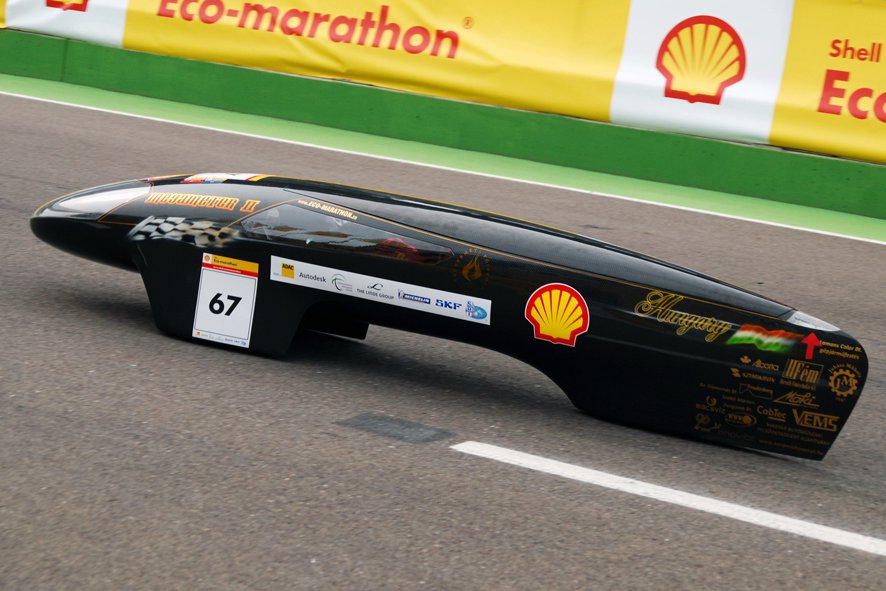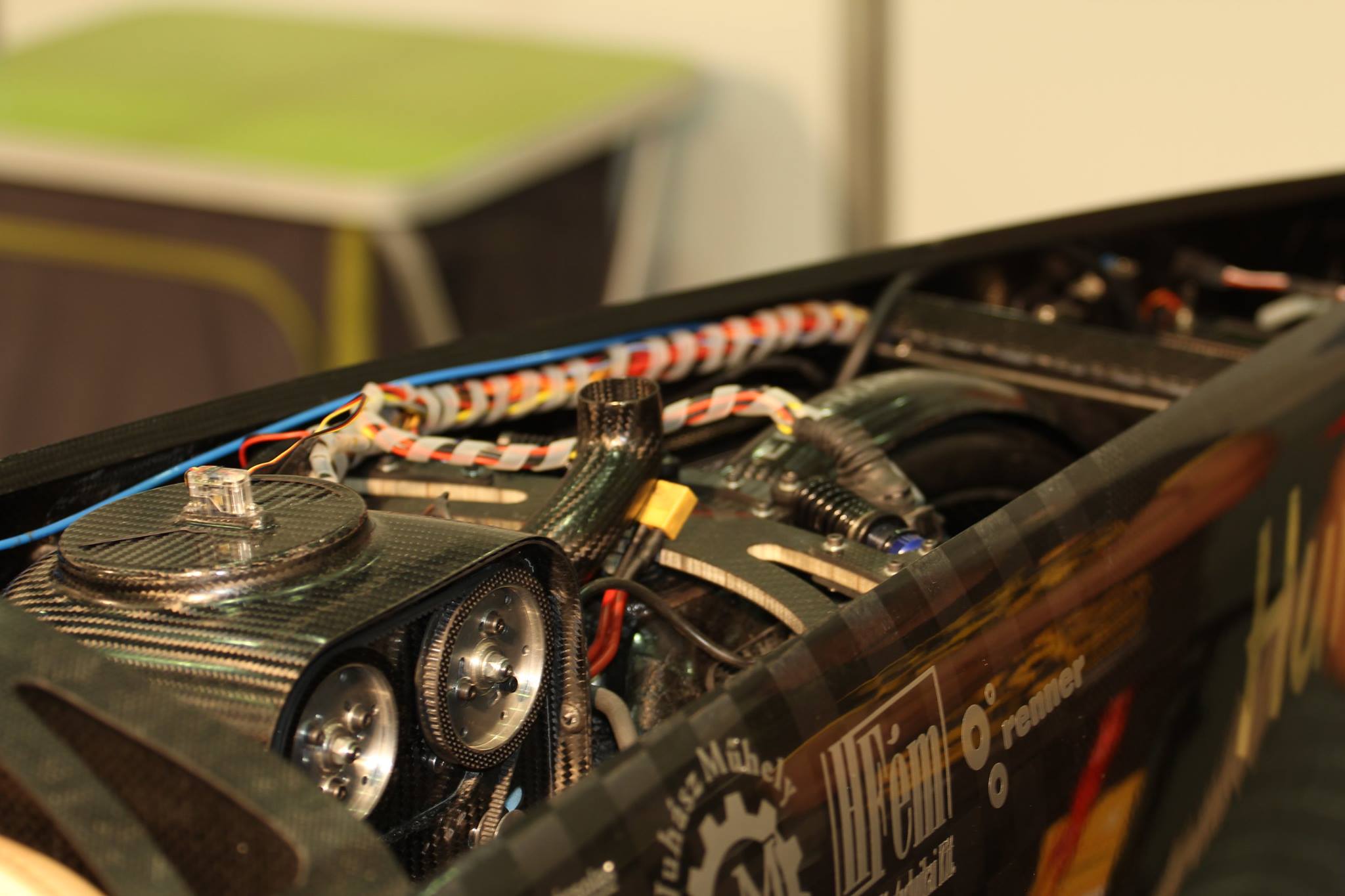
Megameter
University of Kecskemét
23/2/2023
We tackled the challenge of creating an ultra-efficient vehicle capable of achieving record-breaking fuel economy. The Megameter team focused on designing lightweight yet structurally sound prototypes for extreme endurance in the Shell Eco-marathon Europe. Using advanced composite techniques and honeycomb sandwich structures, the monocoque chassis and bodywork were optimized for minimal weight, maximum stiffness, and outstanding aerodynamic performance. From conceptual design through testing and final assembly, every step was driven by innovation and precision engineering, culminating in vehicles that set multiple fuel efficiency benchmarks, including distances of over 3082 kilometers on a single liter of fuel.
Project Overview
Between 2010 and 2013, the Megameter vehicles were developed by the Kecskeméti Főiskola GAMF Kar team for the Shell Eco-marathon Europe. These ultra-efficient prototypes were designed to achieve extreme fuel economy, pushing the limits of lightweight construction, aerodynamics, and bespoke powertrain engineering. The project aimed to optimize every aspect of the vehicle to maximize efficiency while maintaining safety and performance for competition. Over multiple iterations, the team set national and international benchmarks for fuel efficiency, reaching distances of several thousand kilometers on a single liter of fuel.
Process Planning
The project began with conceptual design and rigorous aerodynamic analysis. Using iterative CFD simulations, the team optimized body shapes for minimal drag and stability under crosswinds. Structural efficiency was incorporated from the start, with fiber orientation, laminate schedules, and monocoque geometry meticulously engineered to balance stiffness, weight, and manufacturability. Custom tooling and master models were developed in-house to enable precision fabrication, while each design iteration was informed by real-world testing feedback. Integration of powertrain, suspension hardpoints, and driver safety features was a central aspect of the planning.
Manufacturing
All Megameter vehicles were built with advanced composite techniques. The monocoque chassis and body panels were hand-laid using aerospace-grade prepreg materials and reinforced with Nomex honeycomb cores. Vacuum-bagging and oven curing ensured optimal structural performance. Panels were precision-trimmed, bonded, and integrated with suspension hardpoints, engine mounts, and aerodynamic fairings. Comprehensive testing validated the designs before competition. The resulting prototypes achieved remarkable fuel efficiency milestones, including 1 liter of fuel propelling the car over 3082 kilometers in the 2013 Megameter IV, highlighting the team’s innovative approach to ultra-efficient vehicle design.

.jpg)


.jpg)



















